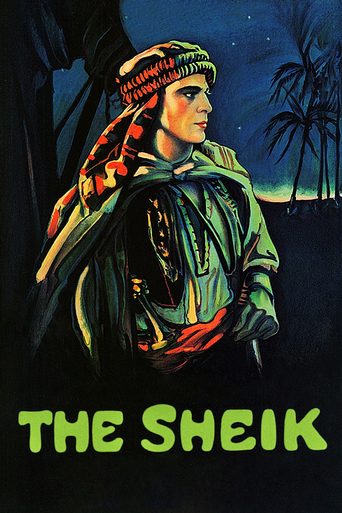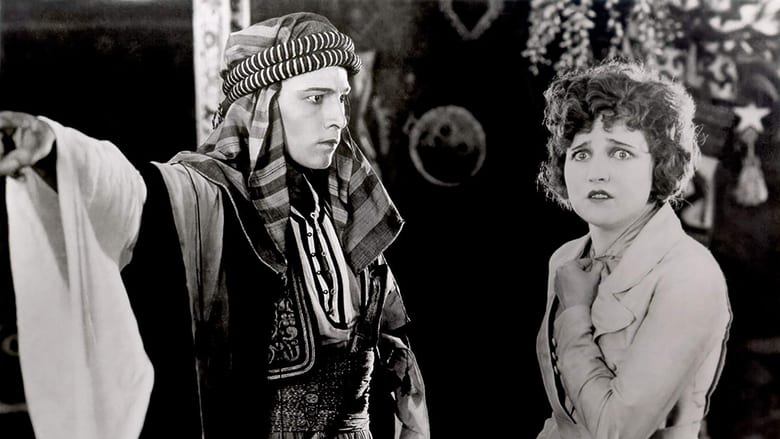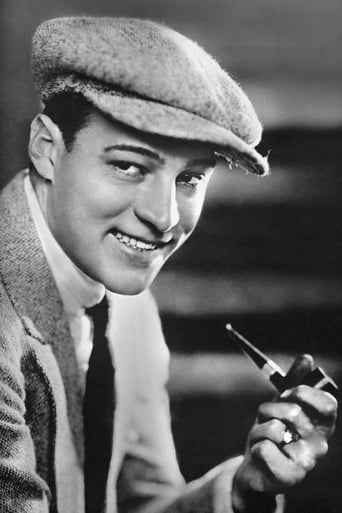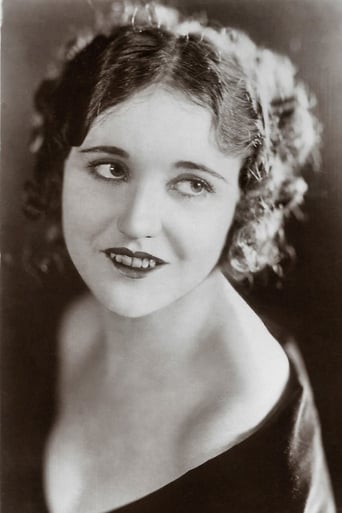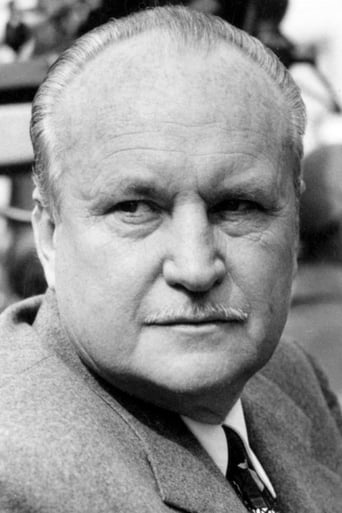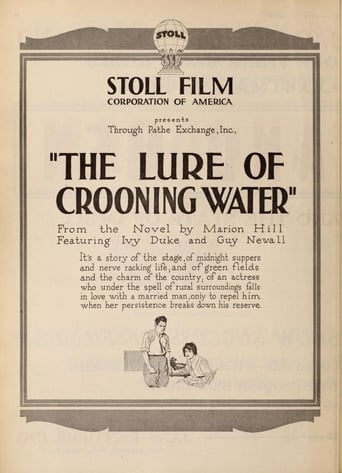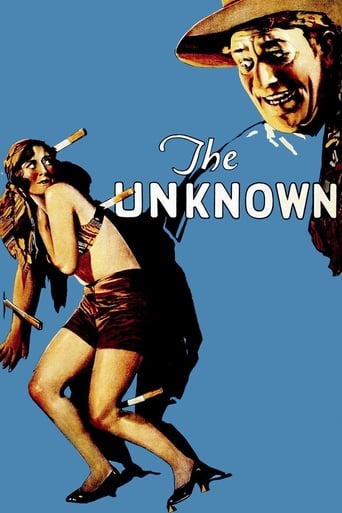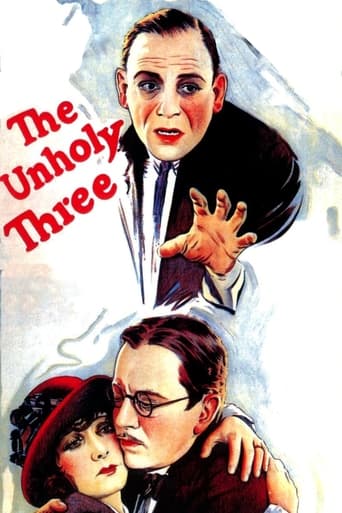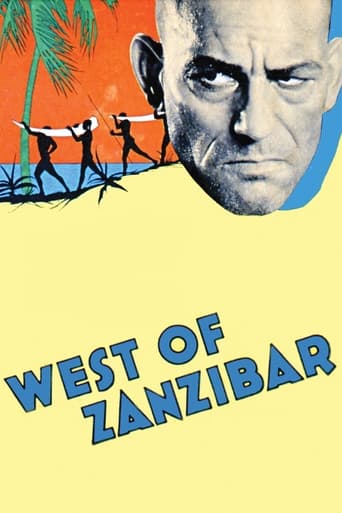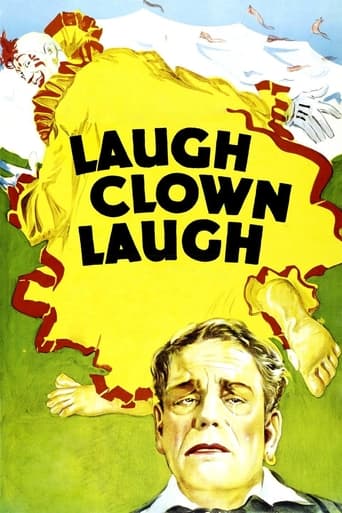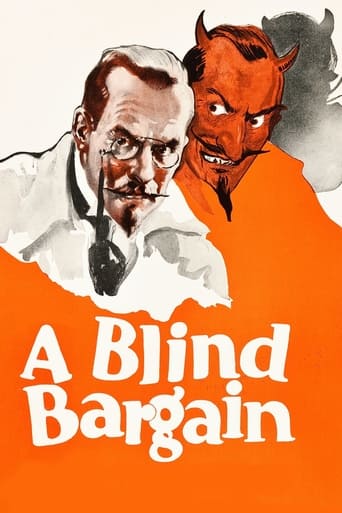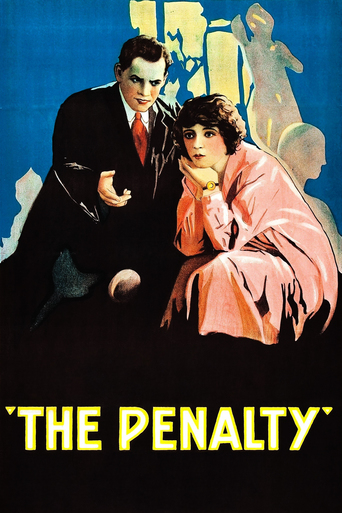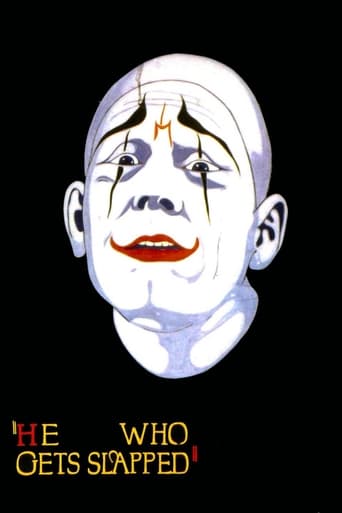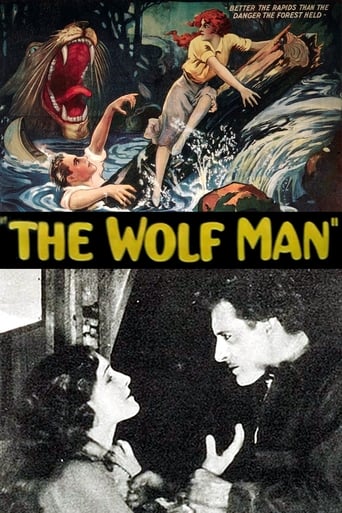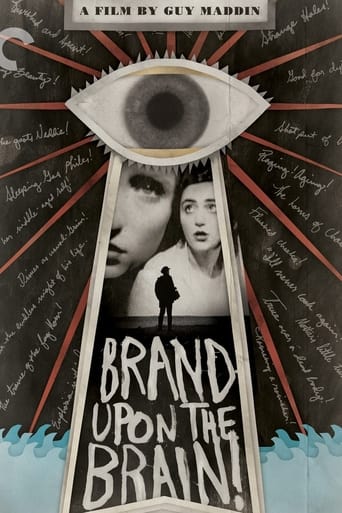The Sheik (1921)
Sheik Ahmed desperately desires feisty British socialite Diana, so he abducts her and carries her off to his luxurious tent-palace in the desert. The free-spirited Diana recoils from his passionate embraces and yearns to be released. Later, allowed to go into the desert, she escapes and makes her way across the sands...
Watch Trailer
Cast


Similar titles
Reviews
Rudolph Valentino (Sheik Ahmed Ben Hassan), Agnes Ayres (Lady Diana Mayo), Adolphe Menjou (Raoul de St Hubert), Lucien Littlefield (Gaston, the servant), Walter Long (Omair, the bandit), Frank Butler (Sir Aubrey Mayo), George Waggner (Yousaef), Patsy Ruth Miller (Zilahl, a slave girl), Charles Brinley (Mustapha Ali), Sally Blane, Loretta Young, Polly Ann Young (Arab children), Natacha Rambova (extra). Director: GEORGE MELFORD. Screenplay: Monte M. Katterjohn. Based on the 1919 novel by Edith M. Hull. Photography: William Marshall. Stunts: Buddy Roosevelt. Producer: George Melford. Executive producer: Jesse L. Lasky. Copyright 25 October 1921 by Famous Players-Lasky Corporation. A Paramount Picture. U.S. release: 30 October 1921. New York opening simultaneously at the Rivoli and the Rialto: 5 November 1921. 86 minutes.SYNOPSIS: A young, handsome Arab sheik abducts an English noblewoman.NOTES: A sequel, The Son of the Sheik, was released by United Artists in 1926. Agnes Ayres and Rudolph Valentino reprized their roles (Valentino also played the son).COMMENT: Admittedly, this is not one of Rudolph's best performances (he's forced to smile or leer just a bit too much in the first half of the action), but the film is great. Unlike that plodding director, Fred Niblo, George Melford is a real artist. Every shot is beautifully composed and framed. (When George Cukor framed a few of his shots in the 1954 A Star Is Born, he was hailed as a genius of the cinema, yet Melford does it almost all the time). And although The Sheik was not color-tinted, it boasts some of the most attractive black-and-white photography ever shown on a theater screen. Production values (sets, costumes, extras and locations) are absolutely out of this world. Melford has dipped into Jesse Lasky's purse with wonderful abandon. The story holds the attention too. And there are solid performances from Adolphe Menjou, Lucien Littlefield and Walter Long. In fact, the only thing wrong with the movie is Agnes Ayres. Her acting is a bit on the hammy side, and her figure seems somewhat too chunky to attract the interest of an impatient playboy. However, I guess you can't have everything.
THE SHEIK (Paramount, 1921), directed by George Melford, taken from the source material of Edith Maude Hull's daring novel, stars silent screen legend Rudolph Valentino (1895-1926) in one of his most acclaimed performances. Following the great success of THE FOUR HORSEMEN OF THE APOCALYPSE (Metro, 1921), it was his role of Ahmed Ben Hassan that elevated Valentino's status to popular leading man. Cast opposite Agnes Ayres, a name virtually forgotten among popular silent film stars, this is one for which she's best known solely due to the presence of Valentino, if not much else.Starting off with a proverb (credited to Oliver Wendall Holmes), "Mohammed's land - where saint and sinner chant as one, their praise to Allah - bowing low beneath a desert sun" and subsequent inter-titles, "Allah is Allah - there is no God but Allah," before the story gets underway with the introduction of Ahmed Ben Hassan (Rudolph Valentino) a rich tribal prince "whose shoulders has fallen the heritage of leadership," choosing a maiden at the marriage market. Choosing Zilah (Ruth Miller), he returns her to Yousef (Charles Wagener), a tribal chieftain who loves her. Also there is an observant tourist, Diana Mayo (Agnes Ayres), an "orphaned daughter of an English poet," whose free spirited ways has her both refusing a marriage proposal from a young man ("marriage is captivity" she says), and going against the wishes of her brother, Sir Aubrey (Frank R. Butler), in favor of traveling through the Sahara desert alone with camel riding Arabs headed by Mustapha Ali (Charles Brindley), a tour guide. In Biskra, "gateway to the desert, city of adventure" Diana is insulted when refused admittance into a casino ("The Monte Carlo of the Sahara") that is, under Ben Hassan's rule, reserved only for Arabs. In protest, Diana enters, disguised as one of the slave girls. With her revealed white hands giving her away, Hassan escorts the phony slave girl out. Learning about her travels through the desert the following morning, Hassan abducts Diana against her will, keeping her captive in his palace tent. Unable to break away through the violent sand storm, she does make her escape from his camp only to be rescued by Hassan in time from the abduction by Omair (Walter Long) and his bandits. Learning that Raoul DeSaint Hubert (Adolphe Menjou), a famous French novelist and close friend of Hassan, is coming for a visit, Diana, fearing the humiliation of meeting "a man from her own world" to see her as the sheik's prisoner, is forced to act proper during his stay. It is Hubert who insists on Diana's freedom and return to Biskra. As Hassan agrees on releasing her, he discovers Diana gone, abducted by the rival tribe.At first glance, THE SHEIK gives the impression of being a throwback from the Theda Bara era from the 1910s, ranging from Agnes Ayres overactive emotions to Valentino's suggestive eye gestures. After repeated viewing, it becomes acceptable in that manner, especially how everything comes together through its primitive acting style. Not exactly "The Sheik of Araby," Valentino's Sheik is educated, having acquired lasting friendship between Gaston, his valet (Lucien Littlefield) and noted poet (Adolphe Menjou) during his stay in Paris. His Hassan sings the Stephen Foster song, "Beautiful Dreamer" whenever happy and is seen smoking cigarettes in the process. For his cultural background perspective, he usually gets what he wants, especially the woman of his choice. The big moment occurs when he abducts one outside his race, the liberated English Diana who addresses him as a "desert savage bandit." This scene alone is one of its true highlights, especially for 1921. For those familiar with Adolphe Menjou (1890-1963), and his countless roles during the sound era, it's interesting finding him in a silent movie so early in his career. Very thin with unmistakable mustache trademark, he's almost unrecognizable through his advanced aging process with slightly white hair and heavy makeup over his eyelids.As popular as THE SHEIK was back in the day, there never was a remake, only a sequel titled THE SON OF THE SHEIK (United Artists, 1926) that not only marked the turning point in Valentino's career, in a dual role of both father and son, but his final screen performance as well, having died shortly after its theatrical premiere. Had THE SHEIK been put under consideration as a remake in the 1930s, no doubt that Ricardo Cortez, who bears a near striking resemblance to Valentino, might have inherited the role, with my take on Kay Francis playing Diana Mayo. As legend has it, there's only one sheik, and that's Valentino. Interestingly, while THE SON OF THE SHEIK did have more exposure than its predecessor, ranging from television broadcasts and home video, THE SHEIK finally turned up on cable television's American Movie Classics where it frequently aired from 1990 to 1999. Former AMC host once commented during its April 9, 1990 premiere presentation of THE SHEIK as being the station's first silent film broadcast.With several video distributions of THE SHEIK, two 1999 releases are worth noting: one from Paramount home video with the orchestral and chanting score by Roger Bellon, and other from Gravevine Video with agreeable piano scoring. The Paramount edition with Bellon score is most commonly available, and one used for both AMC and Turner Classic Movies (TCM premiere: July 5, 2011) broadcasts. On a personal level, Grapevine's piano scoring is appropriate and much more agreeable. Although no piano score credit is given, it's quite reminiscent to William Perry's style from his Killiam Collection in public television's "The Silent Years" series of the 1970s.As silent movies go, THE SHEIK is actually quite entertaining. In other words, "campy" with unintentional humor, and one not to be taken seriously. How the story and Valentino's performance appeals to contemporary audiences simply "rests with Allah." (***)
Since roughly half the voters gave this a 10, I wonder why none of them cared to comment on the film. Question to those 10ers - If this is a 10, what do you give Douglas Fairbanks' "The Iron Mask" or his "The Three Musketeers"? 20's? What gives? To all those not familiar with Silent Films - do NOT let this ranking fool you into believing that this is among the better Silents and lead you into dismissing this Genre! "Sunrise"(1927) has one of the most amazing tracking shot. "Der letzter Mann" aka "The Last Laugh" (1924) is an incisive glimpse into human character as is "Greed" (1924). Remember most of Chaplin's films were silent! Also, I noted that more than half of those commenting (me included) rated this well below the median. Take a peek at the voting breakdown and notice the "bell curve". It doesn't take a rocket scientist to see where 300 "extra" votes went.As a period love story, this may be worth watching. To the 10ers - you should take in "Love Story" (1970).
A few days ago,I got this DVD Edition and I must say,now I finally realize why many women got swooned over Valentino.There was something about him,not just physical beauty,but "that" something what comes from De Profundis.Let's face it,Valentino had a "catch",and we must try not to hate all "feminized men" (read:those who had manners) though to learn from them.I speak global for Valentino,not for this movie.He was a face of real gentleman,real lover and a man with tendering feelings.Sadly,I regret for times when a woman was seen as a lady and a person and when men were truly a gentlemen.No matter what,we can always rent and watch Valentino's films and to recall those times.

